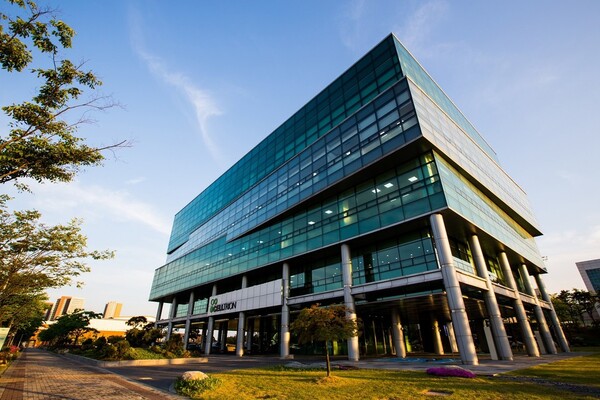
Celltrion said Wednesday that it has completed applying for the marketing approval of CT-P42, a biosimilar to Eylea (aflibercept) to treat ophthalmic diseases, to the Ministry of Food and Drug Safety.
Based on CT-P42's global phase 3 clinical trial results, Celltrion has applied for marketing authorization for all of Eylea's indications approved in Korea, including wet age-related macular degeneration (wAMD) and diabetic macular edema (DME).
Celltrion confirmed equivalence and similarity to the originator drug in a phase 3 clinical trial involving 348 patients with diabetic macular edema in 13 countries, including the Czech Republic, Hungary, Poland, and Spain.
Celltrion also completed the CT-P42 license application with the U.S. Food and Drug Administration (FDA) in June. The company plans to apply for approval in Europe and other key foreign markets.
Celltrion expects that if CT-P42 is approved in Korea, it will expand the drug’s portfolio to various other diseases, including autoimmune diseases, cancer, and ophthalmic diseases, to secure competitiveness in major markets, local and foreign.
Eylea, developed by U.S.-based Regeneron, is a blockbuster ophthalmic drug with global sales of $9.75 billion (12.68 trillion won) last year. Eylea’s U.S. monopoly right is set to expire in May 2024, and its European material patent will end in November 2025.
"We have confirmed the equivalence and similarity of CT-P42 to the original drug in the global phase 3 clinical trial and completed applying for its approval to the Ministry of Food and Drug Safety,” a company official said. "We will do our best to apply for approval to major countries, including the U. S. and Europe as well as Korea, and expand our biosimilar portfolio to the field of ophthalmic diseases."
Related articles
- Celltrion’s share buybacks fuel speculation of merger between affiliates
- Celltrion seeks U.S. marketing authorization for Eylea biosimilar
- Celltrion Healthcare rushes to ease worries about its Humira biosimilar
- Celltrion's Q2 operating profit down 10.1% despite increase in biosimilar sales
- Celltrion to absorb Celltrion Healthcare in strategic merger

